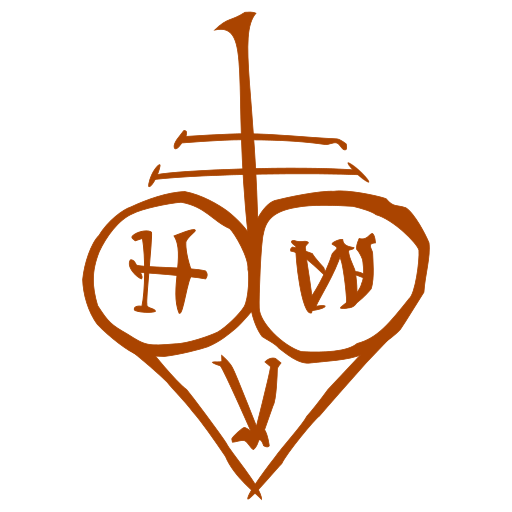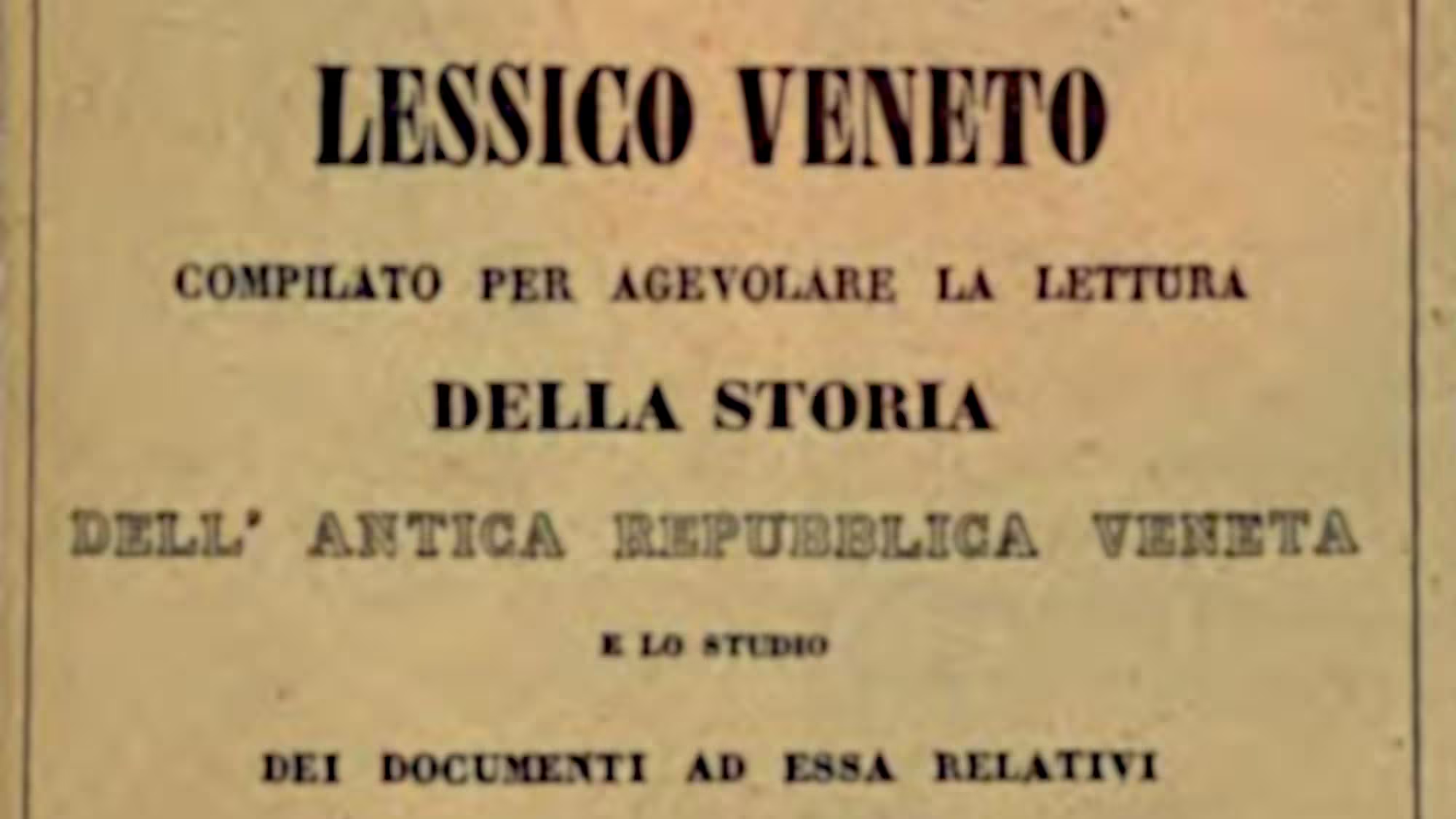Esecutori contro la Bestemmia
Executors against Blasphemy
The Lessico Veneto (Venetian Vocabulary) by Fabio Mutinelli was published in 1851. It is an invaluable tool for anybody who reads texts from the time of the Republic of Venice.
Fabio Mutinelli (1797-1876) was director of the I. R. Archivio Generale di Venezia (1847-1861), and a prolific writer on the history of Venice.
EXECUTORS AGAINST BLASPHEMY. Prior to the year 1537, crimes of blasphemy had been punished by the The Criminal Lords of the Night1 which depended on the Council of Ten. In the aforementioned year, however, a special Magistracy was established, always subject to the Ten, composed of three patricians, and with the title of Executors against blasphemy: to these three, in the year 1585, a fourth was added, to which it was committed to keep an eye on foreigners, both if they were passing through Venice and if they were domiciled there, also considering Jews and beggars as foreigners. The main duty of the Magistracy was naturally to act against the crime which directly offends religion, that is, against blasphemy: but it also investigated and punished anyone who had made use of impious or obscene words, who had shown irreverence to the churches, to monasteries and other places of religion, who had deflowered virgins, with promise of marriage; but it persecuted the casinos, and the games of hazard, and the scandal of the prostitutes, who, under the care of this Magistracy, were never to dwell in the most frequented places of the city. Judgment regarding crimes of this sort committed by patricians was reserved to the Heads of the Council of Ten.
Translator’s notes
- The Signori di notte al Criminal was the closest Venice had to a police force, which was one (1) nobleman for each sestiere. ↩︎
Original Italian text
ESECUTORI CONTRO LA BESTEMMIA. Antecedentemente all’ anno 1537 i delitti di bestemmia erano stati puniti dai Signori di notte al Criminal con dipendenza del Consiglio dei Dieci. Nell’anzidetto anno però venne instituito un apposito Magistrato, soggetto sempre ai Dieci, composto di tre patrizii, e col titolo di Esecutori contro la bestemmia : a que ‘ tre, nell’ anno 1585, si aggiunse un quarto, cui si commise d’invigilare i forestieri, tanto se fossero stati di passaggio per Venezia, quanto se vi avessero domiciliato, considerandosi per forestieri anche gli Ebrei e gli accattoni. L’incumbenza principale del Magistrato era naturalmente quella di agire contro il delitto, che direttamente offende la religione, cioè contro la bestemmia : ma inquisiva eziandio, e castigava colui che avesse fatto uso di parole empie od oscene, che avesse mostrata irreverenza alle chiese, ai monasterii e ad altri luoghi di religione, che avesse deflorato vergini, con promessa di matrimonio; ma perseguitava i ridotti da giuoco, ed i giuochi di rischio, e lo scandalo delle meretrici, le quali, per cura di esso Magistrato, non dovean mai dimorare nei siti più frequentati della città. Il giudizio, sopra i delitti di tal sorta commessi da patrizii, era serbato ai Capi del Consiglio dei Dieci.
p. 153
Related articles
- Esecutori contro la Bestemmia — ASV Indice
- Magistrato de la Biastema — Boerio
- Meretrici — Lessico Veneto
- Carampane — Lessico Veneto
- Carampane — Curiosità Veneziane
- Prostitution in Venice
- State institutions of the Republic of Venice


Leave a Reply